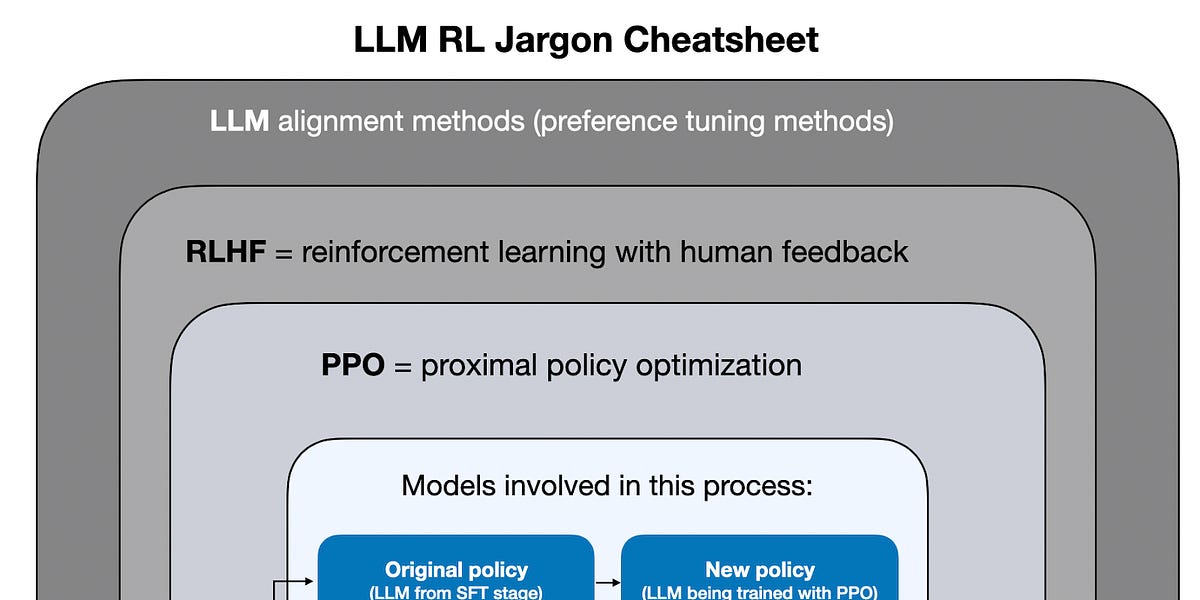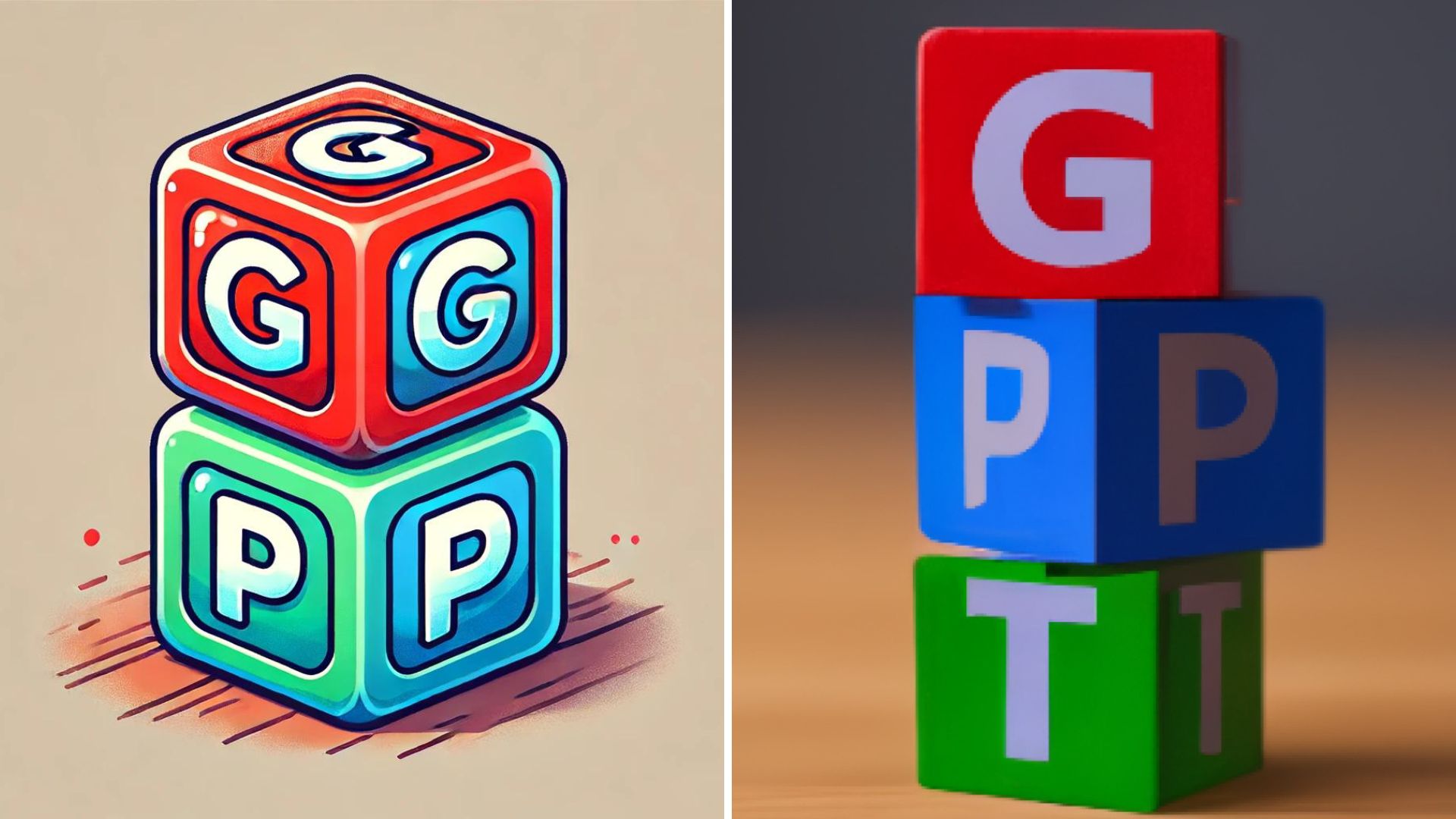- Published on April 14, 2025
- In AI News
TxGemma is available through Vertex AI Model Garden and Hugging Face.

Google DeepMind has released TxGemma, a new suite of open-source language models built to support therapeutic development. The models are intended to improve tasks such as drug candidate assessment, molecule property prediction, and clinical trial outcome estimation by applying large language model capabilities to biomedical data.
TxGemma is available through Vertex AI Model Garden and Hugging Face. Google DeepMind has invited the research community to experiment with the models, fine-tune them with proprietary data, and share results.
TxGemma builds on the Gemma family of models and is a successor to Tx-LLM, which was introduced in October 2024. It is trained on 7 million examples and available in three sizes: 2B, 9B, and 27B. Each version includes a “predict” model for specific tasks, such as determining molecular toxicity, and a “chat” model for conversational analysis.
“TxGemma is specifically trained to understand and predict the properties of therapeutic entities throughout the entire discovery process,” said Shekoofeh Azizi, staff research scientist at Google DeepMind. “This can potentially shorten the time from lab to bedside and reduce the costs associated with traditional methods.”
The 27B predict model performed better or was on par with its predecessor Tx-LLM and specialised models. It outperformed Tx-LLM on 45 of 66 benchmark tasks and matched or exceeded task-specific models on 50 of them.
In addition to predictive models, TxGemma includes chat-based versions with instruction tuning that can answer complex scientific questions. These versions support researchers in interpreting predictions. For instance, the model can explain toxicity predictions based on a molecule’s structure.
The release also includes tooling to support fine-tuning. A Colab notebook using the TrialBench dataset shows how developers can adapt TxGemma for tasks such as adverse event prediction in clinical trials. “Fine-tuning allows researchers to leverage their proprietary data to create models tailored to their unique research needs,” Azizi said.
DeepMind has also introduced Agentic-Tx, an orchestrated system powered by Gemini 2.0 Pro, to expand the model’s reach. This agentic framework integrates TxGemma with 18 tools—including search utilities, gene and protein references, and molecular analysis modules—to handle multi-step reasoning tasks in biology and chemistry.
Agentic-Tx demonstrated strong performance on demanding benchmarks such as ChemBench and Humanity’s Last Exam. A separate Colab notebook shows how the system can manage complex therapeutic workflows.
“We’re excited to see how the community will use TxGemma to accelerate therapeutic discovery,” said Azizi.
Siddharth Jindal
Siddharth is a media graduate who loves to explore tech through journalism and putting forward ideas worth pondering about in the era of artificial intelligence.
Related Posts
Our Upcoming Conference
India's Biggest Conference on AI Startups
April 25, 2025 | 📍 Hotel Radisson Blu, Bengaluru
Subscribe to The Belamy: Our Weekly Newsletter
Biggest AI stories, delivered to your inbox every week.
Happy Llama 2025
AI Startups Conference.April 25, 2025 | 📍 Hotel Radisson Blu, Bengaluru, India
Data Engineering Summit 2025
May 15 - 16, 2025 | 📍 Hotel Radisson Blu, Bengaluru
MachineCon GCC Summit 2025
June 20 to 22, 2025 | 📍 ITC Grand, Goa
Cypher India 2025
Sep 17 to 19, 2025 | 📍KTPO, Whitefield, Bengaluru, India
MLDS 2026
India's Biggest Developers Summit | 📍Nimhans Convention Center, Bengaluru
Rising 2026
India's Biggest Summit on Women in Tech & AI 📍 Bengaluru

 5 days ago
8
5 days ago
8







